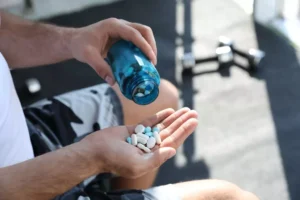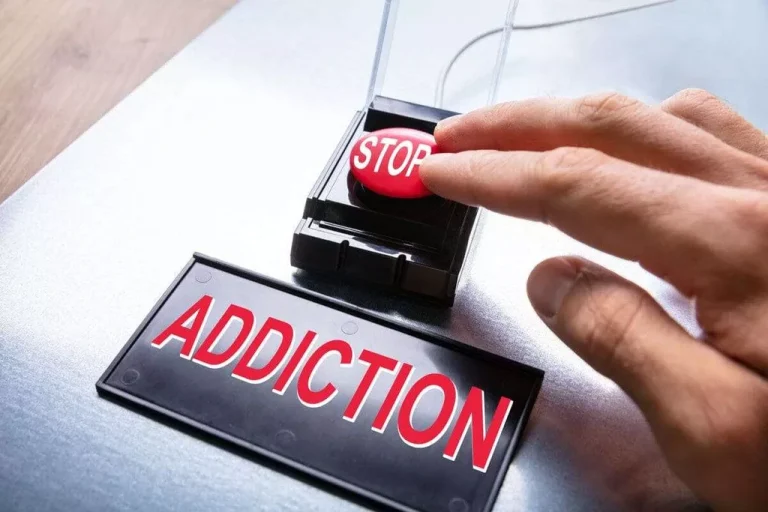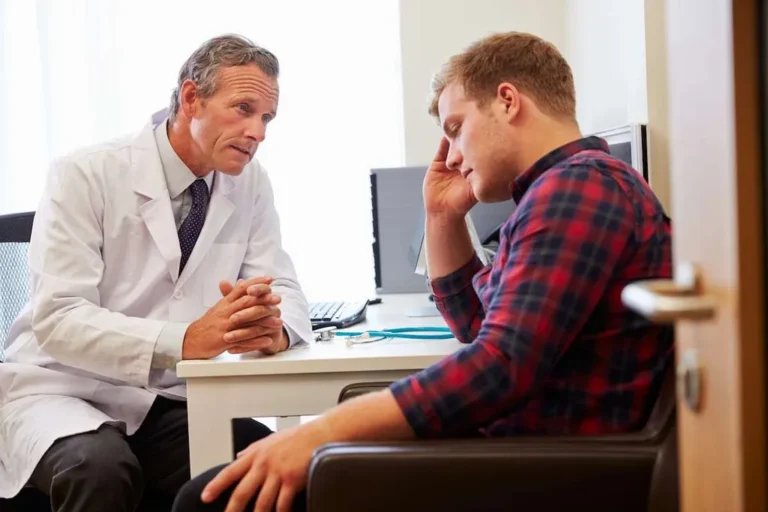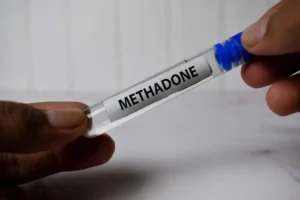How to Relax Without Alcohol: Build Lasting Calm in Sobriety

There are people willing and waiting to support you, guide you and love you through the ups and downs of ending unhealthy drinking patterns. But we know you can find a healthier, happier way to live how to stop drinking with the right tools and support system. It can be helpful to make a plan ahead of time for how to handle a relapse. For example, some people choose to write a list of reasons why they want to stop drinking alcohol, and revisit the list to remind themselves after a relapse.

Steps on How to Stop Drinking Alcohol
If you feel comfortable doing so, discuss your challenges with your primary healthcare professional. Finding a therapist can also be a great starting point if you’re uncomfortable opening up to your healthcare professional. Say you don’t have any cravings when you go without drinking. All the same, “a quick drink” often turns into three or four drinks. When you’re having a good time, you find it hard to stop, especially in the company of friends having the same amount.
Support Your Recovery

Instead of aiming for complete abstinence, for instance, aim to drink fewer than seven days a week. “Try sober Mondays or sober Mondays through Wednesdays,” he says. At the end of the day, one of the most important tools you have at your disposal is self-compassion.

Symptoms timeline
- If you’ve become dependent on alcohol, cutting it out of your life may produce withdrawal symptoms, such as a rapid heartbeat, high blood pressure, sweating and shaking.
- Consider setting up a reward chart with things you really want — maybe it’s a dinner out at a new restaurant or a pair of shoes you’ve been eyeing.
- Depending on what your alcohol habit was like, you may experience fewer or more withdrawal symptoms as you cut back.
- They can help you decide if it’s the safest way to start your recovery, and they can help you make a taper plan.
- Changing unhealthy behaviors such as smoking, overeating, or drinking too much can take a lot of effort, and you may not succeed with the first try.
No content on this site, regardless of date, should ever be used as a substitute for direct medical advice from your doctor or other qualified clinician. There’s a reason you’ve reached the decision to quit or cut back. Whether it’s improved relationships, better health, or weight loss, keeping the “why” in sight can help boost your motivation.
Make a Plan
Sometime between days 5 and 7, moderate to severe withdrawal symptoms typically lessen. One of the best places to find support outside of your network of family and friends is at support groups, like AA (Alcoholics Anonymous). People in AA are either working to become sober or are in recovery. They see the pain and struggles and reality of addiction that you may feel others can’t begin to comprehend. Recognizing the things in your life that trigger your desire to drink will further empower that decision.
- They can provide recommendations to help you avoid harmful side effects.
- Do you want to stop drinking altogether or just cut back?
- Maybe you don’t think you depend on alcohol exactly, but you still wonder whether you might be drinking too much.
- This can sometimes cause unpleasant withdrawal symptoms, and these symptoms can make it hard to stick with your recovery plan.
Some people are able to stop drinking on their own or with the help of a 12-step program or other support group (see below for links). Others need medical supervision in order to withdraw from alcohol safely and comfortably. Which option is best for you depends on how much you’ve been drinking, how long you’ve had a problem, the stability of your living situation, and other health issues you may have. From my own experience, I’ve learned that thriving in sobriety is about more than just avoiding cravings. It’s about developing new coping skills and staying connected to your deepest values and goals.

